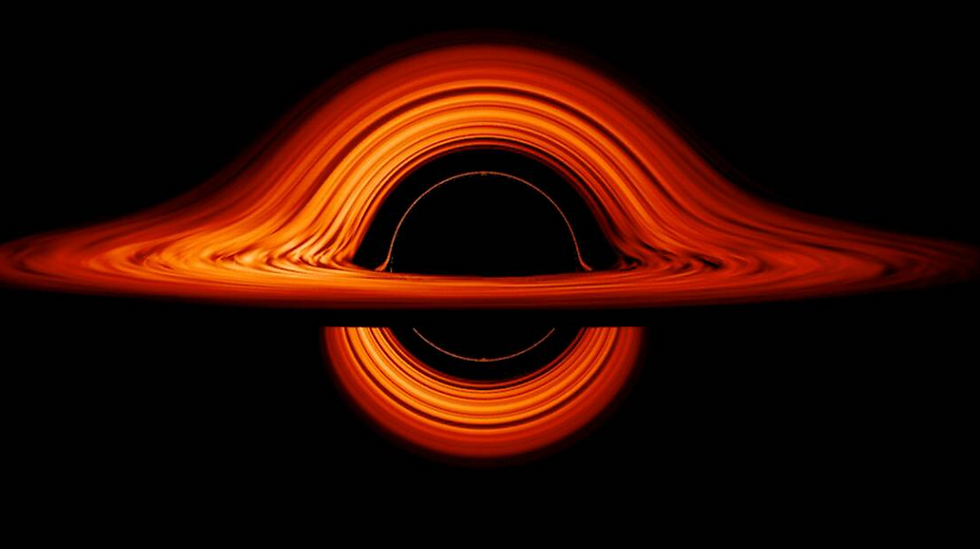Black Hole Hunters: Scientists want you to help them find hidden black holes
- Layla Erin
- Jul 18, 2022
- 1 min read
A team of researchers from the Open University and the University of Southampton is asking for public help to find black holes, some of the most mysterious and elusive objects in the known universe. The most massive stars explode when they get really old, sometimes leaving behind a large amount of mass condensed into a small area: a black hole.

By examining data from the UK’s leading extra-solar planet detection programme, SuperWASP, in collaboration with the public, the research team hopes to detect changes in starlight that may provide evidence for the existence of “hidden black holes.”
Black holes have such a strong gravitational field that nothing, not even light can escape from them. Due to this, they have been notoriously hard to detect. But sometimes, these black holes have materials like gas and dust around them. When this material is pulled into the black hole rapidly, it heats up and emits strong X-rays, allowing “feeding” black holes to be detected.




Comments